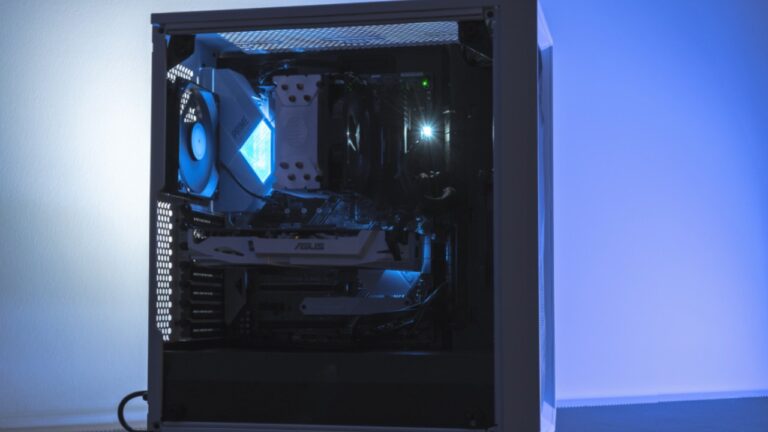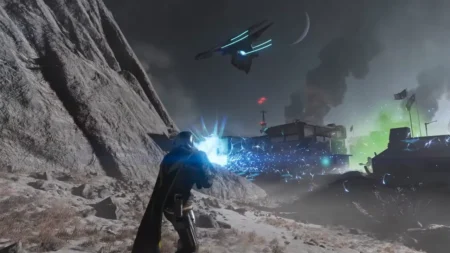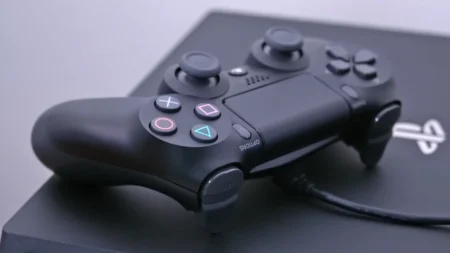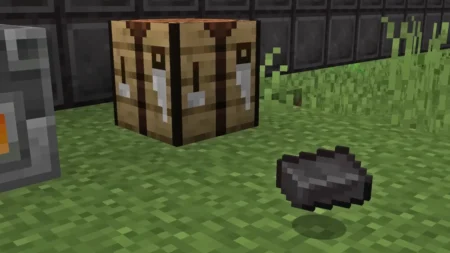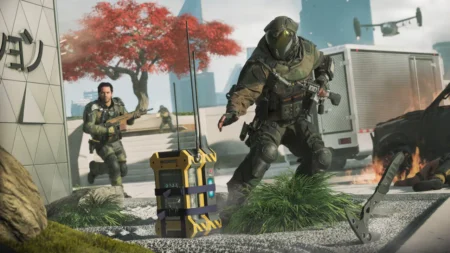If you’ve ever built or upgraded a gaming PC, you will likely have hit this question: Should you spend more on a better CPU or increase your RAM? It’s one of the PC debates that refuses to die in gaming circles. In short, both matter, but how much they matter depends on which games you play and what happens behind the scenes when you play.
What CPU and RAM Does in PC
- CPU (Central Processing Unit): It’s the brain of your PC, which handles logic, calculations, AI behavior, and all the behind-the-scenes tasks that run a game properly. It’s responsible for things like how many enemies are active, how physics behaves, and the system’s response to everything you click.
- RAM (Random Access Memory): The memory is a workspace that stores temporary data your system needs quick access to — things like textures, game assets, and background processes.
If the CPU does the heavy thinking, RAM makes sure it has enough elbow room to do that thinking effectively.
When the CPU Makes the Difference
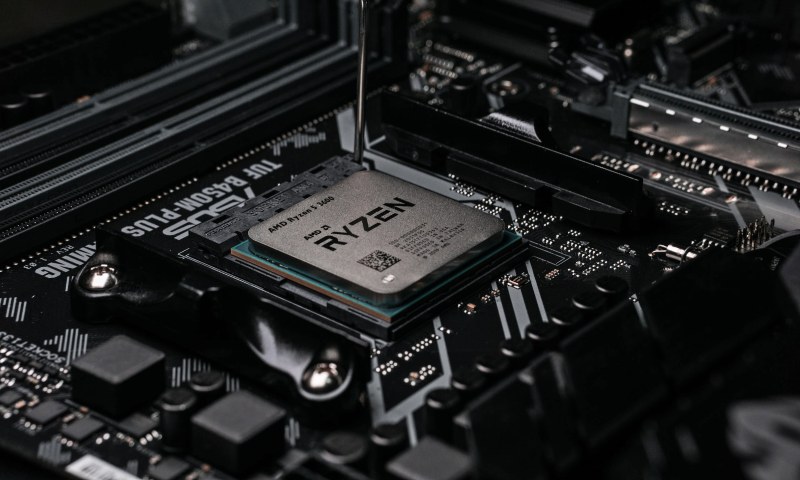
CPU power is very important for games that rely heavily on simulation, AI, or real-time calculations. If you play titles like Cities: Skylines 2, Total War, or Microsoft Flight Simulator, the CPU’s speed and productivity directly impact the gameplay. Even fast GPUs can’t save you if the processor chokes on logic updates — that’s what we call a CPU bottleneck. You’ll notice this when your graphics card isn’t even maxed out, but your frame rate still dips.
Multiplayer games also stress the CPU. Titles such as Call of Duty Warzone or Apex Legends constantly track dozens of players, physics, and server communication, all of which hammer the processor. To handle such load, a strong multi-core chipset gives you more consistent performance and fewer frame drops.
When RAM is the Limiting Factor
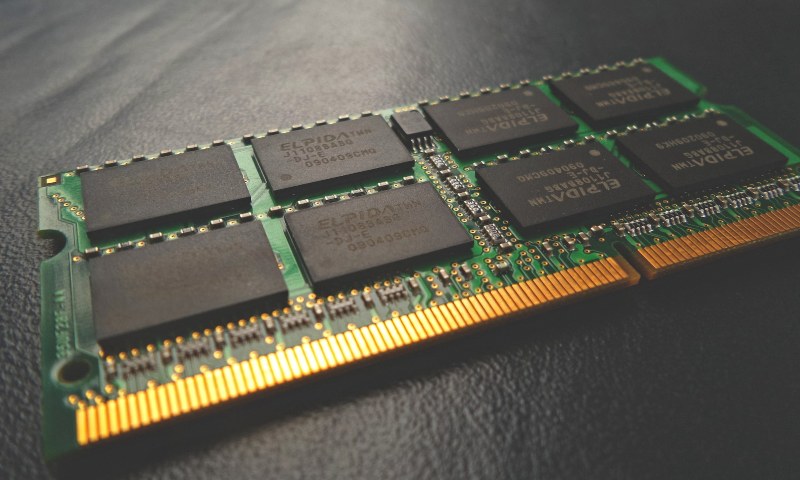
RAM doesn’t increase FPS, but it supports everything else. When you don’t have enough RAM, the system starts to stutter, load times stretch out, and your game will freeze mid-match because Windows is forced to use slower storage as backup. Many modern games are comfortable with 16GB of RAM, while the latest AAA titles and open-world games like Starfield, Hogwarts Legacy, and Cyberpunk 2077 run well if your system is equipped with at least 32GB.
If you still have only 8GB, that’s a problem because games will load slowly, and you’ll see texture pop-ins or random drops when the memory gets eaten up. But adding over 32GB for just gaming won’t do much; you’ll only have expensive memory sitting unused unless you’re a streamer or do heavy multitasking.
How CPU and RAM Work Together
Here’s what most gamers overlook: the CPU and RAM are a team. A fast CPU with too little RAM is like a sprinter running in knee-deep mud, it can’t move efficiently. Similarly, 64GB of RAM won’t help if your processor is old and struggles to keep up with today’s demanding titles.
For gaming, you need a balance in hardware config, which means CPU and RAM should match the GPU level and the games you play.
For example:
- CPU: Mid-to-high-end 6 or 8-core processor (like an AMD Ryzen 5/7 or Intel i5/i7)
- RAM: 16GB minimum, 32GB if you multitask, mod heavily, or stream
Real-World Gaming Scenarios
- Competitive Gaming (eSports titles like Valorant, CS2, Fortnite): The CPU does most of the work here. These games work on high frame rates and quick reaction times, so a fast processor gives you better performance, and the memory beyond 16GB won’t make a big difference.
- AAA Open-World Games: These games have big environments and high-resolution textures, so both CPU and RAM matter. A solid CPU ensures smooth logic and world updates, while 32GB of RAM helps reduce stutter when the game streams assets in real time.
- Streaming or Recording with Gaming: OBS, Chrome, Discord, and your game all eat a lot of RAM. So when you stream, record, and run background software, 32GB of RAM gives your CPU the headroom it needs to handle all this multitasking.
Upgrade Smart
If you’re upgrading an old PC and can only afford to replace one hardware part for now, here’s what you need to do first:
- If you play competitive games that tax your CPU or if your CPU is several generations old, it’s time to consider a new one.
- Otherwise, upgrade RAM if you’ve got a decent processor already, but face high memory use or stutter when you multitask or run modern games.
Remember, RAM speed also matters, especially for AMD Ryzen systems. You can even see a slight bump in performance if you pair a fast DDR5 or well-tuned DDR4 RAM kit with a good processor.
The Bottom Line
When it comes to gaming, your processor really sets the bar as far as performance is concerned. But your RAM is what lets you actually hit that level of performance without seeing stutter or lag. If you only have the choice to make one upgrade, I’d recommend dropping some cash on a solid processor first. It has a much wider impact on game performance, from keeping frame rates smooth to handling large game worlds without bogging down. Don’t forget about your RAM, though – 16GB is just a minimum, and if you’re a serious gamer, 32GB of RAM is the minimum you should be aiming for.
Think of it this way:
- Your CPU wins you frames.
- Your RAM keeps them stable.
Get both in harmony, and your PC won’t only run games for you, it’ll dominate them.

